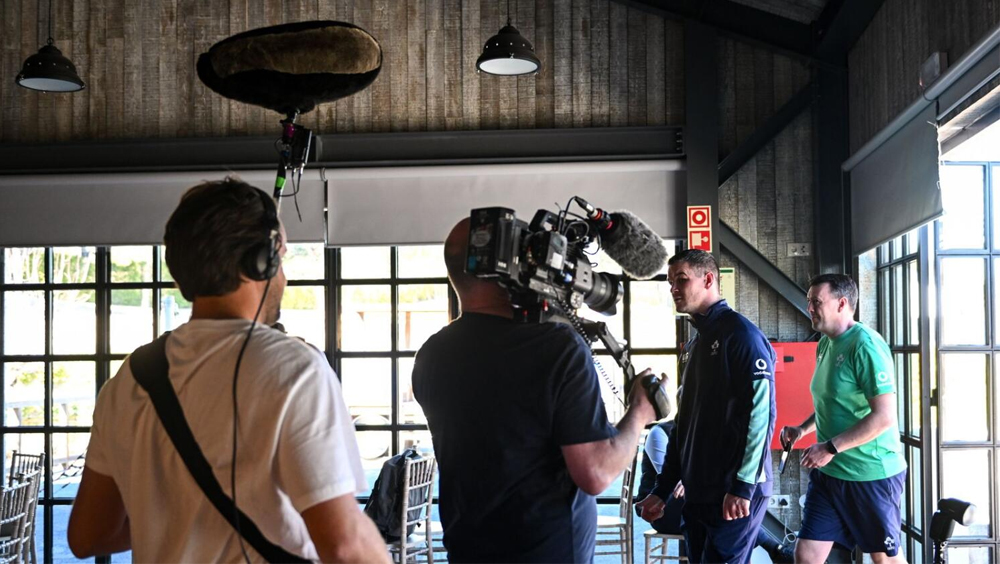Earlier this month, we saw the launch of the much-hyped Netflix series, Six Nations Full Contact. The eight-part docuseries is believed to be an attempt on the part of Six Nations rugby to replicate the success of Formula One’s Drive to Survive series, with the ultimate goal of growing the sport’s footprint amongst new audiences.
According to the Six Nations marketing literature, “for those less familiar with the sport, the series will serve as an engaging entry point, demystifying the intricacies of rugby while conveying the passion that fuels this great game.”
News of the docuseries first came to light on the eve of the 2023 Six Nations. It was soon accompanied by speculation that the teams involved were dragging their heals about giving the camera crews meaningful behind the scenes access. The Welsh players even went as far as to place a temporary ban on the camera crews whilst they resolved a contractual stand-off with their home Union. Fast forward 12 months and this across-the-board reluctance appears to have bled into the final product.



